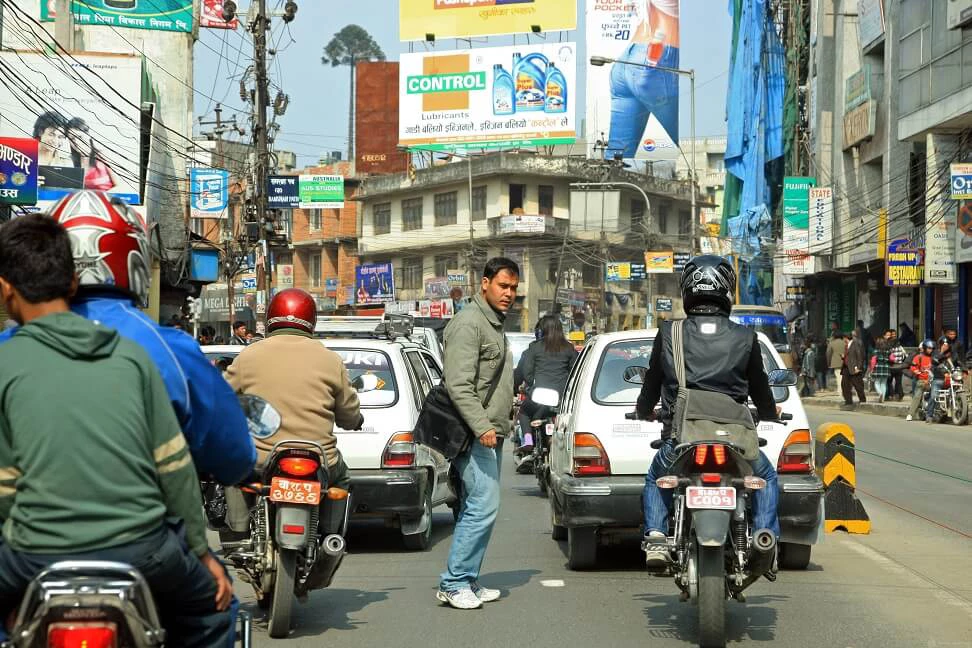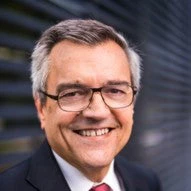For quite some time, transport policies have had a slow evolution, focusing essentially on reducing congestion and minimizing environmental impacts. In the first decade of this century, road safety and greenhouse gas emissions took center stage. It was accompanied by a gradual worldwide increase of visibility of shared bicycles and, more generally, IT solutions across various modes. In some regions, there are long and passionate discussions on issues of regulation and financing.
These matters were consuming a significant part of the energy and focus of professionals across the sector, who would often miss the bigger picture and overlooked the role of transport in global challenges like climate change. As a result, high levels of specialization available around modes of transportation and specialized agencies and initiatives have been formed. Still, the evolving global development agenda was out of the radar of the sector.
In 2015, the approval of the UN Sustainable Development Goals and the Paris Climate Agreement set ambitious targets and created an opportunity to foster more effective global coordination. In parallel, the digitalization of the world economy has transformed the way we communicate, learn, connect, and move. In addition, recent public health shocks have heightened our awareness of a more connected and vulnerable global future. As countries worldwide undergo a fundamental reconfiguration to adapt, making the right transport policy decisions has become more critical and challenging than ever .
Four forces shaping transport policy
The ambition of the SDGs required connection and “translation” into transport goals and policies and the need for joint, explicit consideration of multiple policy goals in a multi-layer connected system. This has forced a departure from traditional project-by-project evaluation based on cost-benefit analysis.
The ongoing Fourth Industrial Revolution offers unprecedented opportunities to better leverage technology, and data for good — how this digital wave merges with our physical world has tremendous implications for transport and mobility. However, the optimal use and refinement of new data-driven approaches will require an adaptive mindset and iteration and well-prepared public-sector organizations.
Governance is also subject to the rising tides of devolution, greater citizen engagement, and open data. Citizens are increasingly asking their national governments to make decisions that matter for today’s generation and future generations. And finally, the global call for equity and inclusion further builds on new governance models, demanding the vision of a shared future be held accountable to higher social standards. Taken collectively, what has served us yesterday may well no longer work to design and plan transport tomorrow.
Our response to adapting transport policy and tools for decision-making
In this fast-changing environment marked by high expectations, resetting and rethinking the design and planning of transport policy is necessary . To help decision-makers navigate this new reality, the Sustainable Mobility for All initiative (SuM4All) will host a four-module virtual knowledge exchange event that will cover:
- Fundamental dynamics that are shaping the future of mobility and necessitating a new policy approach, including the SDGs, data and technology, open government and citizen engagement, and equity and inclusion;
- Measurement and tracking of country progress toward sustainable mobility;
- Generation of customized country roadmaps of action toward sustainable mobility; and
- Sharing of knowledge and experience with peer countries on the implementation of action plans.
This first edition will restrict the enrollment to 50 participants directly involved in public decision-making in transport and development banks. Please click here to learn more and express your interest!





Join the Conversation